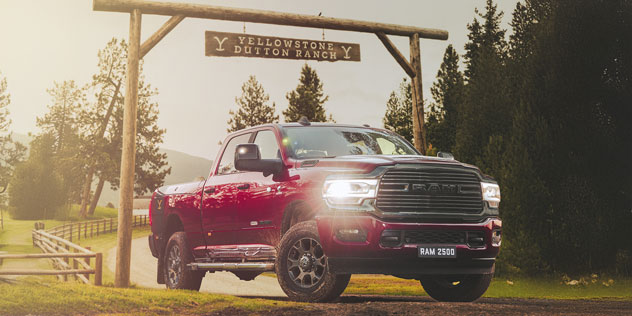Let's talk the torque: why it matters for towing heavy loads

While most Open Road readers will have a sense of how powerful their vehicle’s engine (or electric motor) is, engine torque is not as well understood – and its importance when towing is often underestimated.
Torque is a measure of rotational force to which the engine’s crankshaft is subjected, commonly expressed as newton-meters (Nm). For traditional combustion engine vehicles, maximum torque is typically delivered at lower engine revolutions (revs) and delivers the immediacy and ‘grunt’ you feel when you accelerate off the mark. The more newton-meters from low revs over a wide rev range, the better.
Torque trumps power when towing. How much torque you need really depends on what you’re planning to do with the vehicle. If a lap of the continent with a large van hitched up to a dual cab ute is on the radar, torque outputs will be more important to driveability then when tootling around the suburbs with a box trailer in tow.

Bigger is better
While on paper a 2.0-litre to 2.5-litre turbo diesel can deliver similar torque outputs to something 3.0-litre or larger, the devil is in the detail when it comes to driveability. At constant speeds under light throttle loads, there isn’t much difference. Under heavier loads, the larger capacity is preferable.
The long haul
Over longer distances and challenging terrain with a 3000kg plus trailer in tow, a larger capacity diesel can feel more relaxed and comfortable than a smaller one that relies more on the turbocharger to match the larger diesel’s outputs.
At the bowser
If you’re driving for long periods over steep gradients, a smaller turbocharged engine must work harder to build up torque, which means fuel consumption can be higher than what you’d see with a larger capacity diesel.
Talk the torque
How much torque you need for towing depends on how heavy the trailer is. For light duties 400Nm is a good starting point, for heavier loads something with 500Nm plus is even better.
Going all in
Large American dual cab pickups have over 600Nm at their disposal and can tow up to 4500kg. The downside? Their petrol engines are thirsty – expect north of 20L/100km.






